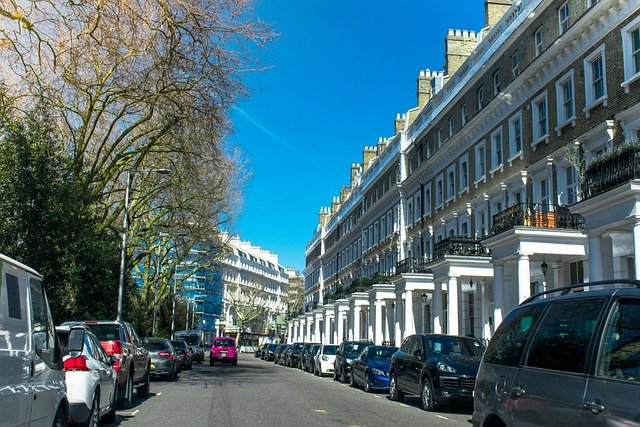Property price rising faster than salary growth
Salary increment versus property price growth
Every year, most people receive a salary increment. Probably, 5 percent or thereabouts. If property price rises by a smaller percentage, then property prices become more affordable with every passing year. If the property price rises by a bigger percentage than salary increments, then property becomes less affordable with every passing year.
Measuring property affordability
One way to measure the affordability of property price is using median salary versus median property price. For example, if meadian yearly salary is RM50,000 and the median property price is RM300,000 we say that the property price is 6x earnings. Calculation wise, it’s RM300,000 divided by RM50,000 and this gives a multiple of 6x. The higher means the worse and the lower means the better.
What happens if the property affordability rises suddenly from 7.9 times earnings to 9.1 times within one year? Do read about it.
Article in theguardian.com The Office for National Statistics (ONS) said house prices grew faster than earnings in 91% of local authority districts in 2021. In England, a home cost an average of 9.1 times earnings and this was 7.9 times in 2020.
This meant that house prices increase was faster than wage growth in more than 90 percent of England and Wales in 2021. In England, the home cost used to be a multiple of 3.5 times earnings in 1997. In 2021, it’s now 9.1 times.
There are however areas where affordability had “significantly improved.” For example, in the two priciest; the City of London and Westminster. The house prices to earnings ratio fell to 18.9 times earnings. In 2018 it was almost 25.
Kensington and Chelsea remained the least affordable local authority area in England and Wales, with average house prices estimated at 36.5 times the typical annual wage.
Price was not the only issue. The ONS also issued a report stating that private rents paid by tenants in the UK rose by an average of 2.3% in the 12 months to February. However, in January the property website Rightmove said private rents in Britain were rising fastest on record, with the average advertised cost outside London 9.9% higher than a year ago. Please do read the full article for a lot more details: Article in theguardian.com
Note the rental, not just the prices
When property prices rise, the rental would follow. The reason is a simple one. When prices rise, the monthly repayment will rise too. When owners rent the home out, they would have to rent it at a higher rental. Else, they will not be able to cover their monthly repayment or worse still, having to subsidise a much bigger amount if the rental could not cover the monthly repayment in the first place.
This is why renting is not the best option because rental do rises too when property prices rise. Somehow everyone needs a roof over their head and market situation will not be kind to the ones who have less negotiation power. There are countries where legislations have to be put up to ensure home rental does not rise beyond a certain percentage every year. Read here: Rental increase NOT more than 5 percent per year, okay?
Happy understanding that Malaysia is not the only place where people claim property prices are becoming unaffordable or that renting is better than buying.
Property News Malaysia? Sign up for daily investment news updates (FREE since Nov 2013 and FOREVER). Alternatively, Follow me on Telegram here.
Please LIKE kopiandproperty.my FB page to get daily updates about the property market beyond kopiandproperty.my articles. Else, follow me on Twitter here.
Next suggested article: Property Investment? Some good advice for property buyers


Leave a Reply